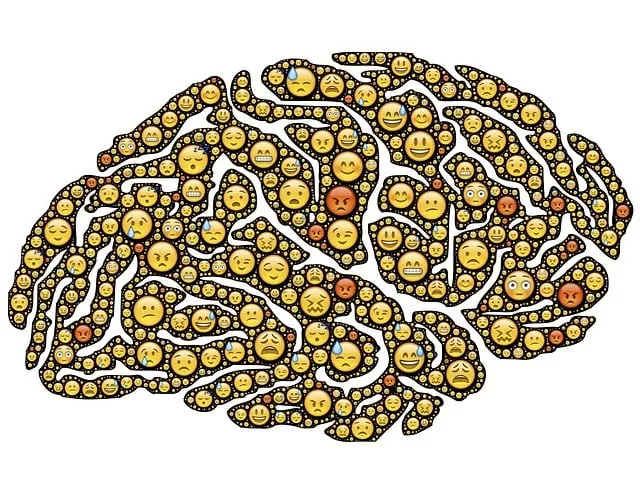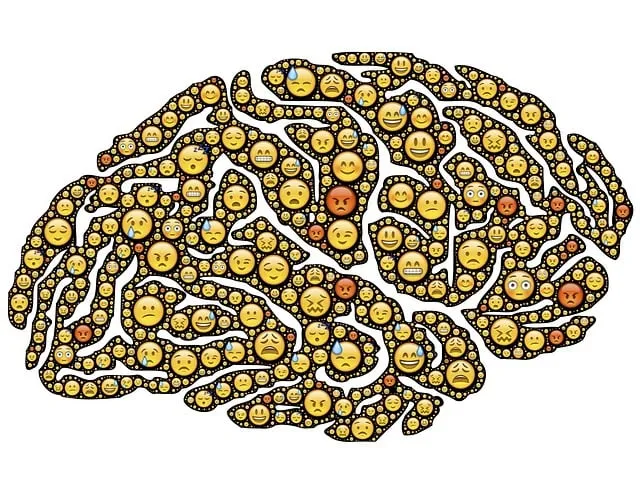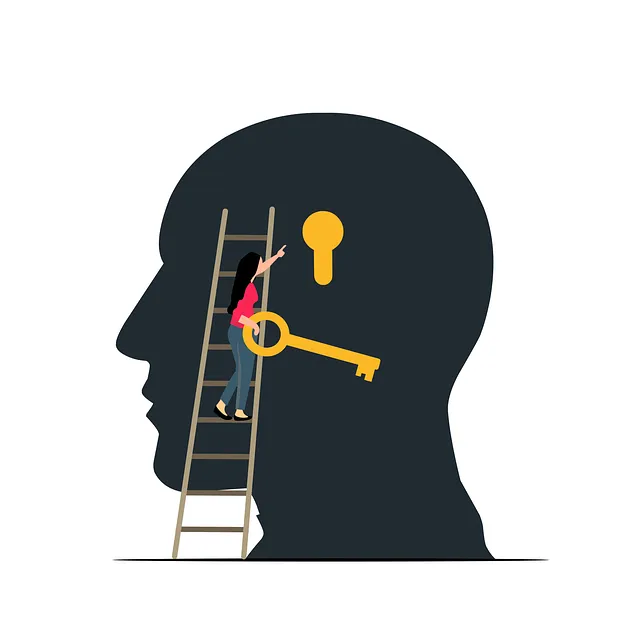Centennial's Crisis Intervention Team (CIT) training based on the Kaiser Model prioritizes holistic mental well-being through comprehensive education and innovative practices. This program equips therapists with effective crisis management skills, inner strength development, and mental health awareness, enabling them to handle diverse cases ethically and competently. By fostering open communication, collaborative problem-solving, and stigma reduction, Centennial's Kaiser-trained therapists enhance patient confidence and support emotional healing in urban centers like Centennial and beyond.
In today’s complex social landscape, effective crisis intervention is paramount. Organizations like Centennial offer specialized training programs, such as the renowned Kaiser Model, equipping professionals with crucial skills to navigate high-pressure situations. This article explores the significance of Crisis Intervention Teams (CITS), delves into the Kaiser approach, and highlights Centennial’s unique program. We examine key training components and analyze whether therapists are better prepared for real-world crises, focusing on whether Kaiser and Centennial produce top-tier professionals.
- Understanding Crisis Intervention Teams: Their Role and Importance
- The Kaiser Model: A Renowned Approach to Training
- Centennial's Program Overview: What Sets Them Apart?
- Key Components of Effective Crisis Intervention Training
- Benefits and Impact: Are Kaiser's Therapists Prepared for Real-World Scenarios?
Understanding Crisis Intervention Teams: Their Role and Importance

Crisis Intervention Teams (CITs) play a vital role in mental health support systems, offering prompt and specialized assistance during times of crisis. These teams typically consist of trained professionals from various disciplines, including therapists, social workers, and law enforcement officers, who collaborate to de-escalate high-risk situations involving individuals experiencing severe emotional distress or thoughts of self-harm. The primary goal of CITs is to provide immediate support, prevent further deterioration, and connect individuals with appropriate long-term care and resources.
In the context of a bustling urban center like Centennial, where diverse populations seek mental health services, well-structured Crisis Intervention Team training programs become essential. Kaiser, for instance, has garnered recognition for its comprehensive Mental Health Education Programs Design, which equips therapists with the skills to handle crises effectively. The Risk Assessment for Mental Health Professionals is a critical component of such training, ensuring practitioners can identify signs of distress and provide timely trauma support services. By fostering a culture of preparedness, these programs contribute to the overall well-being of communities, demonstrating that good therapy and rapid intervention can make a significant difference in people’s lives.
The Kaiser Model: A Renowned Approach to Training

The Kaiser Model stands as a renowned approach to crisis intervention team training programs, especially in organizations like Centennial where the demand for skilled therapists is high. This model emphasizes holistic care, focusing on both the individual and the team’s emotional intelligence to manage stress and anxiety effectively. By incorporating techniques tailored to each member’s unique needs, Kaiser ensures that every team member feels supported and equipped with tools for personal and professional growth.
Centennial’s adoption of such programs, inspired by the Kaiser Model, demonstrates a commitment to fostering an environment where emotional well-being is prioritized. These training initiatives not only enhance the team’s ability to handle crises but also promote better stress management workshops within the organization, ultimately leading to improved mental health and reduced anxiety among employees.
Centennial's Program Overview: What Sets Them Apart?

Centennial’s crisis intervention team training program stands out for its comprehensive approach and innovative design. Unlike traditional programs that merely equip individuals with technical skills, Centennial prioritizes mental health education, weaving it into every aspect of their curriculum. This holistic method ensures that participants not only learn effective conflict resolution techniques but also develop personal mindfulness meditation practices to enhance their own well-being and resilience.
What sets Centennial apart is their commitment to fostering a supportive community among trainees. Through interactive workshops, real-life scenario simulations, and peer-to-peer learning, the program encourages open communication and collaborative problem-solving. Additionally, their experienced facilitators, many of whom are seasoned therapists from Kaiser, ensure that participants receive top-tier instruction and guidance. This combination of rigorous training, mental health education programs, and supportive community makes Centennial’s crisis intervention team training a truly exceptional experience.
Key Components of Effective Crisis Intervention Training

Effective crisis intervention team training programs are multifaceted, encompassing several key components to ensure preparedness and impact. One of the cornerstone elements is inner strength development. Equipping individuals with techniques to foster resilience and emotional regulation allows them to effectively support others during crises. This includes teaching mindfulness practices, stress management strategies, and cognitive reframing skills that can be applied both personally and professionally.
Additionally, these programs prioritize mental health awareness and integration of the Mental Wellness Podcast Series Production. By incorporating knowledge about various mental health conditions, trainees gain a deeper understanding of the nuances behind crisis situations. This enables them to provide more empathetic and tailored support. Well-rounded training also involves practical exercises and simulations that replicate real-life scenarios, allowing teams to hone their communication, assessment, and intervention skills in a safe environment. Such comprehensive approaches ensure that Centennial’s Kaiser therapists are well-equipped to handle a range of crises effectively, reflecting the high quality of their services.
Benefits and Impact: Are Kaiser's Therapists Prepared for Real-World Scenarios?

At Centennial, Kaiser’s therapists are renowned for their exceptional skills and dedication to patient care. However, the real test of their preparedness lies in their ability to navigate complex, real-world scenarios. Many patients presenting at crisis intervention centers struggle with mental illness, often exacerbated by societal stigma. The therapist’s role is not merely to provide a safe space but to facilitate effective mental illness stigma reduction efforts, boosting patient confidence and fostering emotional healing processes.
Well-structured crisis intervention team training programs play a pivotal role in equipping therapists like those at Kaiser with the necessary tools. These programs expose professionals to diverse case studies, preparing them to handle various crises ethically and competently. By participating in realistic simulations and learning evidence-based practices, therapists gain the confidence needed to make informed decisions and provide timely interventions. Ultimately, it ensures that patients receive the best possible care when facing their most vulnerable moments.
Crisis intervention team training is a vital component in equipping professionals to handle real-world scenarios effectively. Both the Kaiser Model and Centennial’s program offer comprehensive approaches, emphasizing key components such as situational awareness, de-escalation techniques, and trauma-informed care. While the Kaiser Model is renowned for its thoroughness, Centennial stands out with its unique program overview, potentially producing well-prepared therapists capable of making a positive impact in high-pressure situations. Ultimately, choosing the right training program, like Centennial’s, can significantly enhance an organization’s ability to support individuals during crises.






